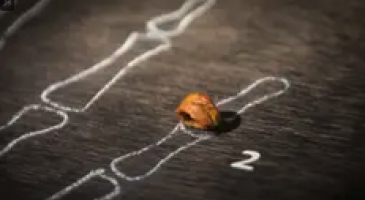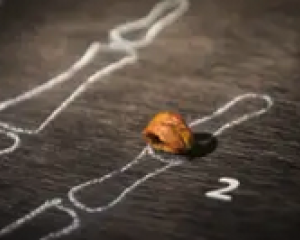Sharon Browning is quoted about new research published in Current Biology that shows the Ayta Magbukun have retained around 5% of their Denisovan ancestry.
In the News
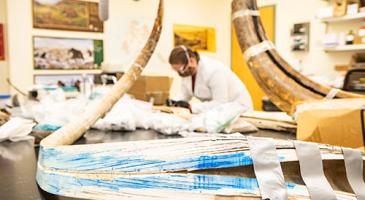
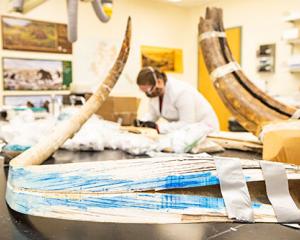
Story highlights new study examining the tusk of a woolly mammoth that lived about 17,000 years ago. Amy Willis, a core faculty member in UW Biostatistics was a member of the international team that uncovered details about the animal's activities from birth to death. The team retraced its footsteps across Ice Age Alaska over 28 years, marking the first time scientists have been able to reconstruct a mammoth’s life history in such fine detail.
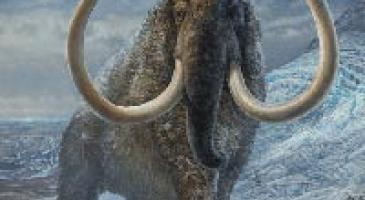
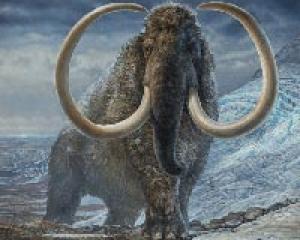
New study co-authored by Biostatistics faculty member Amy Willis is featured, explaining how an international team of scientists used a statistical model to reconstruct the lifetime travel patterns of a woolly mammoth.
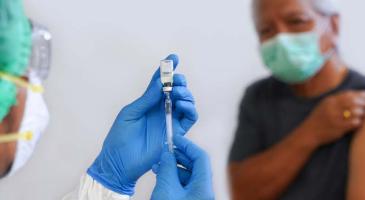
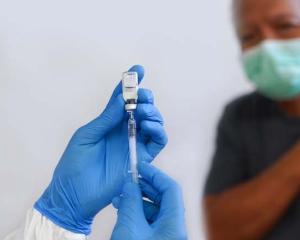
In the race to develop new and better vaccines and boosters to block COVID-19, scientists are eagerly seeking laboratory tests that can measure immune responses to quickly show how well these shots are working, instead of waiting months for results of clinical trials involving tens of thousands of people.
Now, a group of top scientists, including Dr. Peter Gilbert, a biostatistician at Seattle’s Fred Hutchinson Cancer Research Center, are reporting that they have defined such measurements — or correlates of protection — for the widely used Moderna mRNA vaccine.
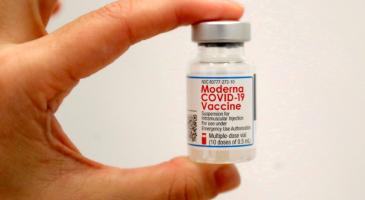
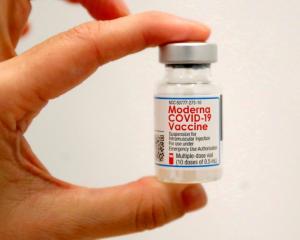
Finding a surrogate measure of efficacy should speed regulators' decisions on vaccine approval even without large placebo-controlled studies, which could be impracticable to carry out if vaccines become widely available, said Peter Gilbert, a researcher at Fred Hutchinson and an author of the recent study.
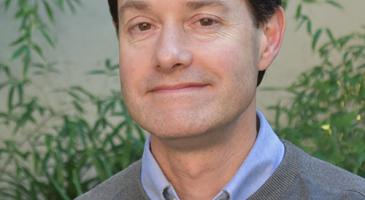
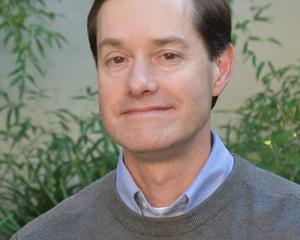
Eagerly anticipated new research pinpoints antibodies scientists can test for to see if a COVID-19 vaccine is effective. These "correlates of protection" could speed the development of new vaccines or boosters without requiring the enormous clinical trials used to create the first COVID-19 vaccines. This is "the Holy Grail" in terms of vaccines, and one that hasn't yet been set for the virus that causes COVID-19, said Peter Gilbert, co-author of the study posted August 10 to medRxiv and a UW research professor of biostatistics.
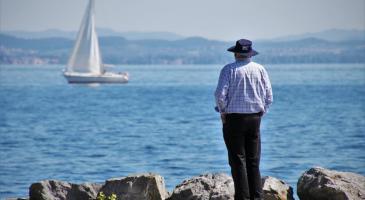

Biostatistics faculty Lianne Sheppard, Marco Carone and Adam Szpiro were members of a UW Department of Environmental & Occupational Health Sciences (DEOHS) research team that found Puget Sound residents exposed to higher levels of fine particulate air pollution over a 10-year period had a greater risk of developing dementia.


The U.S. National Science Foundation has announced 11 new artificial-intelligence research institutes, including one led by the University of Washington. Daniela Witten, professor of biostatistics and statistics, is part of the UW-led AI Institute for Dynamic Systems that will focus on fundamental AI and machine learning theory, algorithms and applications for real-time learning and control of complex dynamic systems, which describe chaotic situations where conditions are constantly shifting and hard to predict.
